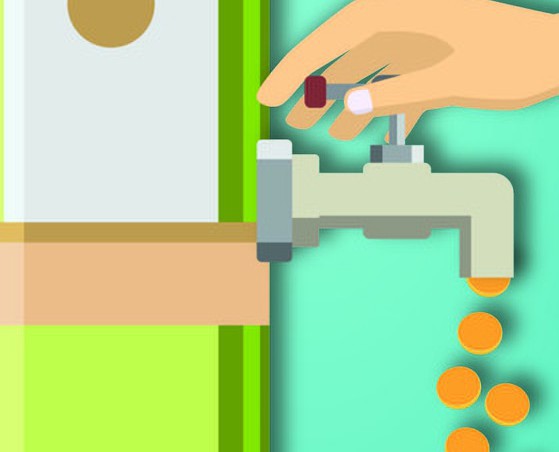
Freeze on alcohol duty in mini-budget
Planned increases in alcohol duty have been ditched by new Chancellor Kwasi Kwarteng in his mini-budget, as unveiled on 23 September.
The move means that duty rates for wines, spirits, beers and cider will remain the same from 23 February 2023, avoiding an additional tax burden to the drinks trade of £600m, according to Treasury figures.
The proposed rise would have cost consumers 38p on a bottle of wine and £1.35 on a bottle of spirits, with the freeze being welcomed by the trade at a time when the energy and cost-of-living crisis is predicted to stretch well into 2023 and possibly beyond.
The WSTA’s (Wine & Spirit Trade Association) chief executive Miles Beale highlighted the Government’s “sensible decision” to freeze duty of wine and spirits. But he used the announcement to again call for a change to the proposed tax on wine by alcoholic strength, the introduction of which was pushed back to early 2024 by the previous regime.
“…the Government’s response to the consultation on reviewing the way the UK taxes alcohol is a product of the Sunak era and clashes strongly with Chancellor Kwarteng’s desire to unleash the potential of the private sector and to simplify taxation,” said Beale.
“For months, the WSTA has been calling for a simpler system for wine taxation, which would cut costly red tape. The response published today fails to do so – or to understand the impact that taxing wine by strength will have on the UK wine businesses and consumers.”
Current proposals are that wine between 11.5% and 14.5% will be taxed at the mid-point for 18 months, with tax then set to incrementally rise for every 0.5% rise in alcohol – a system that has been widely decried as unworkable and costly by the trade.




